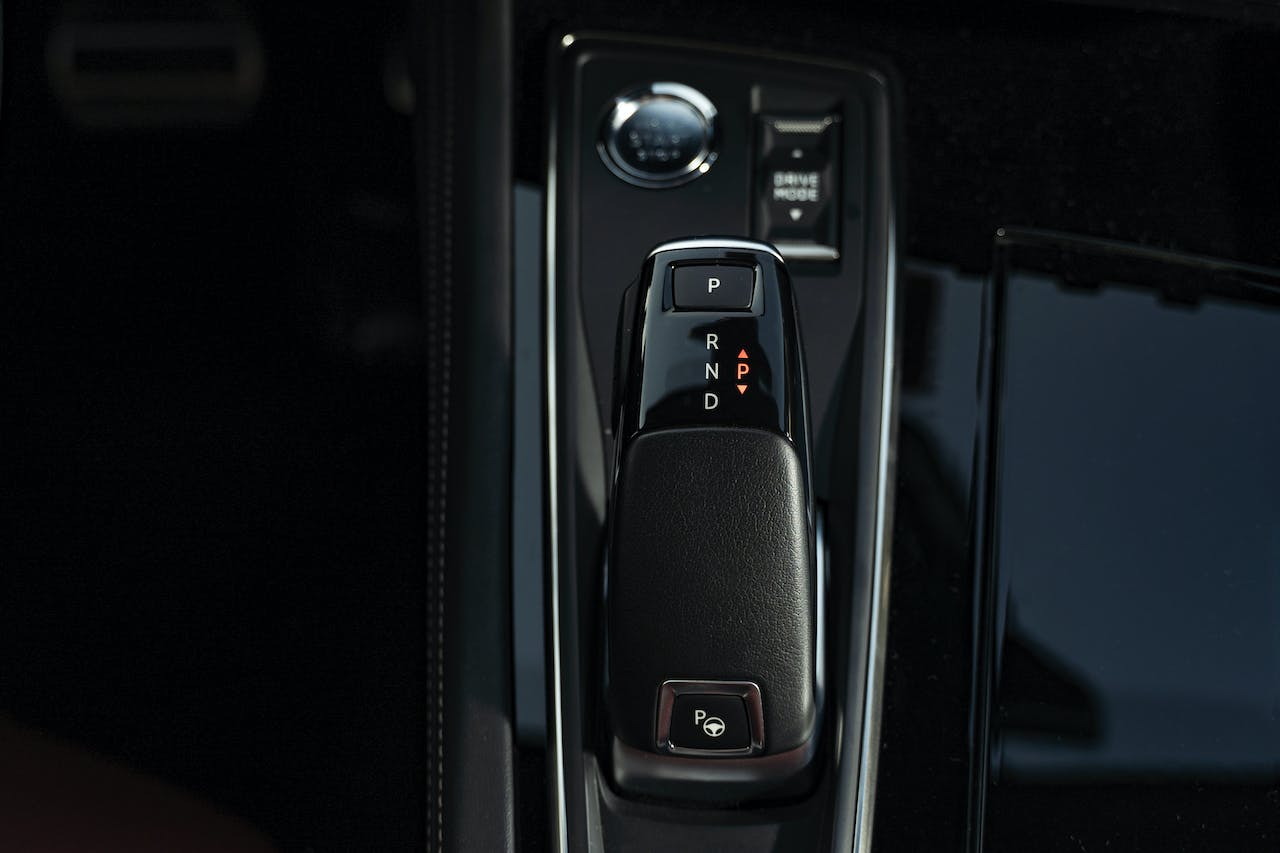Drivers tend to use the same few gears in parts of the country where hills are few and far between. But those other gears do serve a purpose, and it is important for drivers to know what the differences are, both for safety reasons and practical ones.
The typical gear selector in an automatic car includes:
- P (Park)
- R (Reverse)
- N (Neutral)
- D (Drive)
- S (Sport)
- L (Low – sometimes D1, D2, etc.)
In case these weren’t all covered in Drivers Ed, here’s how they might come in handy next time you’re behind the wheel.
When to Use Lower Gears
People who drive on flat, even terrain tend to stick to Drive, the default gear for flat, straight roads. You can shift into L, which puts your car in a lower gear, if you have extra weight in your vehicle or are being towed.
When on steep inclines or declines, automatic cars usually shift to a lower gear for you. Still, shifting into L, D1 or D2 (depending on the vehicle) can help out in hilly areas, or should you venture into mountainous territory. It’s best not to ride your brakes when driving downhill, and being in a lower gear takes the burden off of your brake system. In some cars, D3 exists to add control when roads are wet and slippery or in certain off-road situations.
Check your manufacturer’s manual to find out more about the low gears included in your model.
What About the Sport Gear?
While not necessary, some cars allow you to shift into Sport (S) for a more dynamic feel when driving. This leaves the car in gear for longer periods of time between shifts. Doing so can give you a feel of more power on winding roads when coming out of those turns.
When Should You Put Your Car in Neutral?
Neutral means you are unable to accelerate or reverse but are released from the park position. Shifting to neutral enables your car to move slowly backwards or forwards, which it might do if it is on an incline or because it is being pushed. This gear is usually used when the car is unable to be driven – for example, if it is stuck in snow or needs to be pushed out of mud and back onto a drivable surface. Having the vehicle in neutral protects it from jumping forward in these types of situations, putting you or someone else in danger.
The Left Button and Other Things to Consider When Shifting Gears
Not all gears shift precisely the same way in every car. Many current models have a button on the left that needs to be pushed inwards any time you’re shifting out of park. This is included for safety reasons. Similarly, the button must be pressed to shift from drive into reverse. However, it isn’t intended for shifting between gears that are used when moving forward.
Modern automatic vehicles tend to shift smoothly and seamlessly, with little effort. But the process is quicker on some models than others. You may even notice a slight delay when putting your car in reverse. Drivers should wait a moment after shifting into Reverse or Drive before accelerating to be sure they are fully in the proper gear, and then proceed cautiously.
There’s a reason you don’t want to be too rough on your gear shift. Impatient drivers put more wear and tear on their gears, brakes and other parts of their car, and eventually these parts may need to be replaced. Treating your gear shift with care will help you get a little more mileage out of your vehicle.
Be Sure to Learn the Gears on Your Specific Vehicle
The gear shifts don’t appear the same on every model. A Prius, for instance, shifts gears when you rotate a gear ring near your dashboard. Whether you use a manual stick shift or drive an older automatic model, be sure you know your way around the gear shift. Getting a feel for the gear shifts is also a consideration when shopping around for a new car.
Talk to an Auto Insurance Agent to Get the Best Deal Available
For other important safety questions, talk to an auto insurance agent about getting the most appropriate coverage for your situation. It’s vital to ensure you have all of your bases covered when it comes to car insurance, and an agent at Amigo can help you get the best deal available.
At Amigo, our insurance agents can give you a free quote on the best insurance for your needs today!


